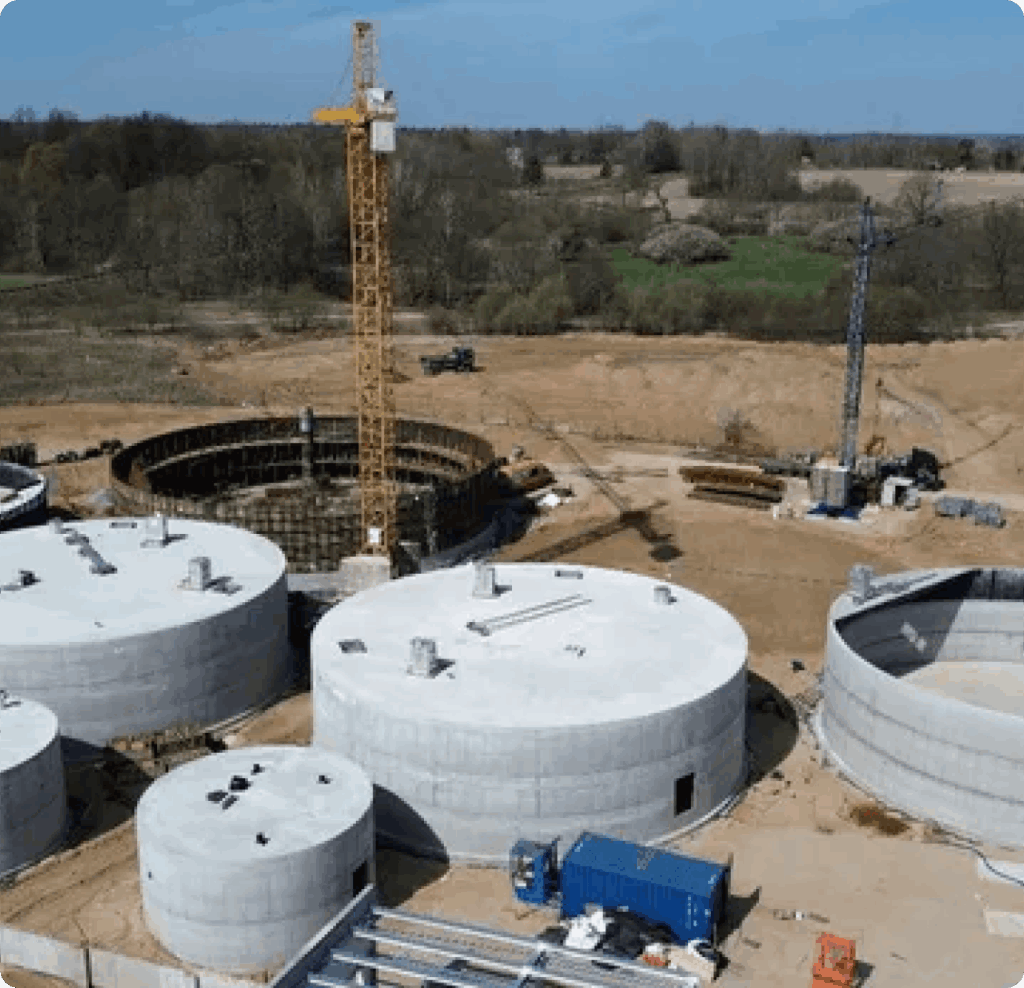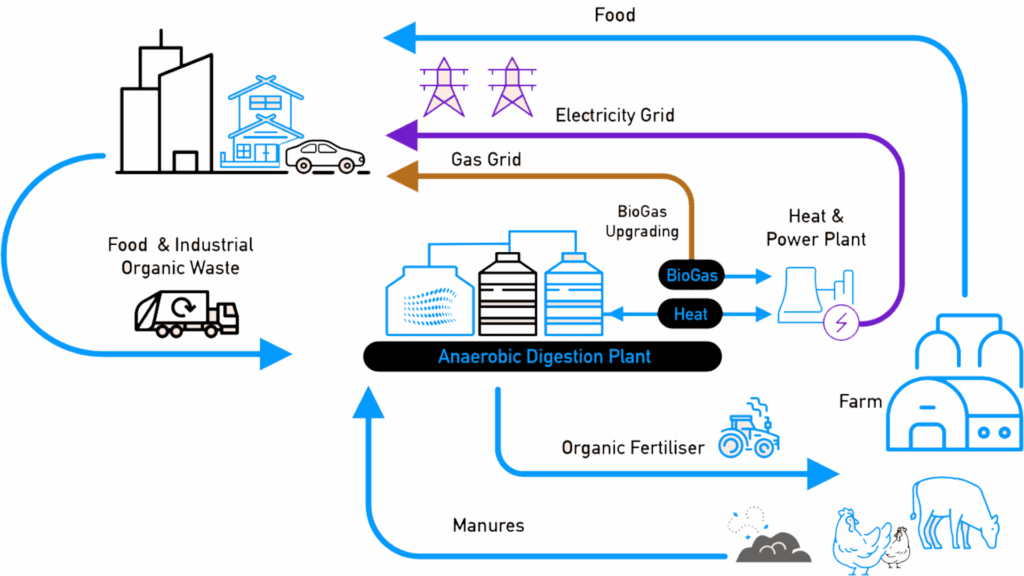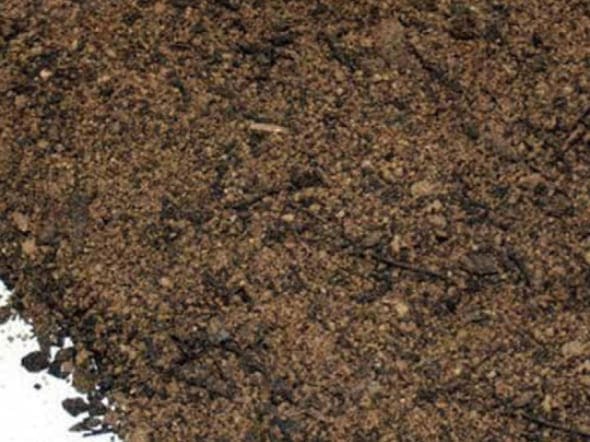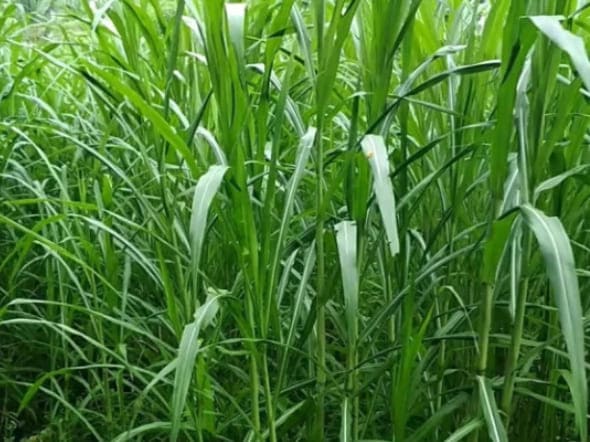Biogas
Compress Bio Gas
An indigenous proven technology for Biogas generation through waste management.
About Residential Solar
Compressed Biogas (CBG) is emerging as a sustainable alternative to petrol, diesel, and LPG, which are becoming costlier and scarce. Produced from various feedstocks and purified into Bio-CNG, it is a globally accepted, eco-friendly fuel with rising demand in India. We offer complete end-to-end solutions—from advanced technology and proven purification processes to organic fertilizers, licensing, and financial support—empowering green entrepreneurs to seize this golden opportunity.

Our Project
5 Operational Project For compressed biogas
“We have a collaboration with a European company for a multi-feed digester that operates at high solid percentages. One of its advantages is that it requires less water.
CBG Applications
5 Operational Project For compressed biogas

CBG to thermal application in PNG lines.
As CBG is a green gas, we can
supply it for household
applications, replacing
expensive LPG gas used for
cooking and heating purposes.
This benefits residential and
commercial kitchens alike.

CBG to Industrial fuel replacement (diesel/ LPG replacement)
As CBG is a green gas, we can
supply it for household
applications, replacing
expensive LPG gas used for
cooking and heating purposes.
This benefits residential and
commercial kitchens alike.

Commercial application (Dispensing Unit)
As CBG is a green gas, we can
supply it for household
applications, replacing
expensive LPG gas used for
cooking and heating purposes.
This benefits residential and
commercial kitchens alike.

Commercial application (Dispensing Unit)
As CBG is a green gas, we can
supply it for household
applications, replacing
expensive LPG gas used for
cooking and heating purposes.
This benefits residential and
commercial kitchens alike.
We use the following scrubbing systems for biogas purification to Bio CNG or CBG

PSA scrubbing system.
PSA is suitable for small capacities & where there is no stringent requirement of pure gas.

Two stage scrubbing system.
PSA is suitable for small capacities & where there is no stringent requirement of pure gas.

Amine Scrubbing system.
PSA is suitable for small capacities & where there is no stringent requirement of pure gas.

Membrane Separation
PSA is suitable for small capacities & where there is no stringent requirement of pure gas.

Cryogenic scrubbing system.
PSA is suitable for small capacities & where there is no stringent requirement of pure gas.
CBG Produced
5 Operational Project For compressed biogas


Press Mud
Press mud is a residual by-product in the sugar industry that is increasingly recognized as a valuable resource for producing Compressed Biogas (CBG). These by-products provide Indian sugar mills with an opportunity to generate additional income by utilizing them as feedstock for biogas production through anaerobic digestion. Press mud, a waste by-product from sugarcane processing, is particularly well-suited for bio-methanation. The conversion of press mud into biogas also yields high-quality organic fertilizer, beneficial as a soil enricher and nutrient in agriculture.
Press Mud
Press mud is a residual by-product in the sugar industry that is increasingly recognized as a valuable resource for producing Compressed Biogas (CBG). These by-products provide Indian sugar mills with an opportunity to generate additional income by utilizing them as feedstock for biogas production through anaerobic digestion. Press mud, a waste by-product from sugarcane processing, is particularly well-suited for bio-methanation. The conversion of press mud into biogas also yields high-quality organic fertilizer, beneficial as a soil enricher and nutrient in agriculture.


Press Mud
Press mud is a residual by-product in the sugar industry that is increasingly recognized as a valuable resource for producing Compressed Biogas (CBG). These by-products provide Indian sugar mills with an opportunity to generate additional income by utilizing them as feedstock for biogas production through anaerobic digestion. Press mud, a waste by-product from sugarcane processing, is particularly well-suited for bio-methanation. The conversion of press mud into biogas also yields high-quality organic fertilizer, beneficial as a soil enricher and nutrient in agriculture.
Press Mud
Press mud is a residual by-product in the sugar industry that is increasingly recognized as a valuable resource for producing Compressed Biogas (CBG). These by-products provide Indian sugar mills with an opportunity to generate additional income by utilizing them as feedstock for biogas production through anaerobic digestion. Press mud, a waste by-product from sugarcane processing, is particularly well-suited for bio-methanation. The conversion of press mud into biogas also yields high-quality organic fertilizer, beneficial as a soil enricher and nutrient in agriculture.


Press Mud
Press mud is a residual by-product in the sugar industry that is increasingly recognized as a valuable resource for producing Compressed Biogas (CBG). These by-products provide Indian sugar mills with an opportunity to generate additional income by utilizing them as feedstock for biogas production through anaerobic digestion. Press mud, a waste by-product from sugarcane processing, is particularly well-suited for bio-methanation. The conversion of press mud into biogas also yields high-quality organic fertilizer, beneficial as a soil enricher and nutrient in agriculture.
Press Mud
Press mud is a residual by-product in the sugar industry that is increasingly recognized as a valuable resource for producing Compressed Biogas (CBG). These by-products provide Indian sugar mills with an opportunity to generate additional income by utilizing them as feedstock for biogas production through anaerobic digestion. Press mud, a waste by-product from sugarcane processing, is particularly well-suited for bio-methanation. The conversion of press mud into biogas also yields high-quality organic fertilizer, beneficial as a soil enricher and nutrient in agriculture.


